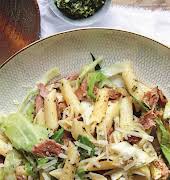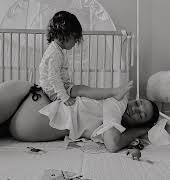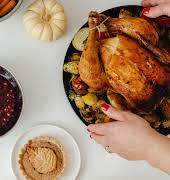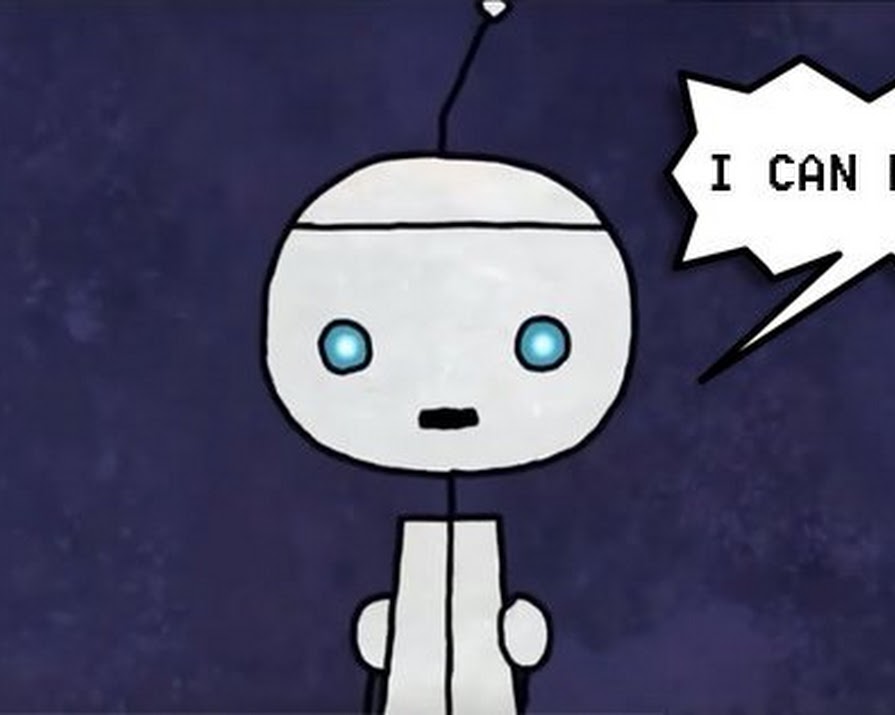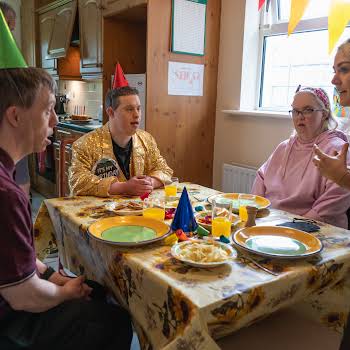By Louise Bruton
11th Jul 2019
11th Jul 2019
MNSKY - I can help
We are taught from a very early age to help people ‘in need’ without ever learning how or when we should give help.
Shuffling in my seat on a carrier bus, it takes me a few seconds longer than usual to feel out where the seatbelt is and before I have the relief of going “there it is” a man rushes over to buckle me in.
Invasive, presumptuous and kinda rude, but this move isn’t out of the ordinary for me because when you have a physical disability people are always watching you, always looking for some way to help when, really, you just can’t find the seatbelt for five seconds.
Help is a word we’re not good at using. Help is an action we’re not good at doing either. No matter who you are, life’s lessons teach you that you need to learn when and how to ask for help.
“Help is a word that at its quietest feels like defeat or at its loudest screams alarm.”
We are also taught from a very early age to help people “in need”. Whether it’s the old lady crossing the street unaided, the children in far off countries who we collect money for around Easter or your little sister when she starts big school. We are told to give help without necessarily explaining how or when we should give help.
Screams alarm
Help is a word that at its quietest feels like defeat or at its loudest screams alarm. That’s what we’re taught but learning the middle ground of help – the everyday kind of help – there’s no shame in asking for it and, more importantly, it’s learning that not everyone needs it, even though we’ve been told since junior infants to help the old, the poor or the disabled.
“The big no-no is when people swoop in and grab my chair, with some people even breaking into a sprint when they take hold.”
I bat off help almost every day in situations where I’d rather be left to my own devices. With the wheelchair, I draw in people’s gaze and they observe me the way that they probably don’t observe you.
Six years in a wheelchair, I preemptively gear myself up for Good Samaritans and people with hero complexes at every turn. The big no-no is when people swoop in and grab my chair, with some people even breaking into a sprint when they take hold, thinking that I somehow want their company for a walk that I’ve decided to take by myself.
One person even offered to take my dog, which, if they were trying to steal him, was a pretty impressive yet outlandish cover-up.
But it’s the smaller things that chip away at me. The smaller things that truly make it feel like people are watching for any falter so that they can step in.
Box of wedges
It’s people who hover around me in the supermarket, doubting that I know what I’ve got myself in for when I’m picking up bits for dinner or, even worse, want to keep the hungover head down and all I want is Koka noodles, crisps, an icy cold can of Rock Shandy, two €1.50 multipacks of Cadbury’s bars and maybe a chicken fillet roll.
And a box of wedges.
Those are the times when you don’t want someone stepping into your personal space and peering at what you’re capable of and what you’ve got in your basket.
“I don’t venture there and, instead, I send someone there. It’s quite queen-like of me.”
There’s a privilege in being able to go about your own business uninterrupted. We all experience when someone fails to see that you’ve got headphones in on the bus, but they still insist on throwing comments your way about the weather or your outfit. I can very rarely go about my own business because when I do, people bark at me with offerings of all the things I’m not actually looking for.
Dead ends
To navigate this world in a wheelchair, I’ve had to learn off the dead ends, high shelves and tight corners by heart. I don’t venture there and, instead, I send someone there. It’s quite queen-like of me but also essential. That’s how I’ve learned to ask for help because those dead ends, high shelves and tight corners aren’t going anywhere soon.
“Help can be an unwelcome reminder that people return to the primary school teaching of helping the old, the poor and the disabled without ever expanding on what those things really mean.”
I go where I can, not because I’ve wandered there unattended and unaware. Help, when needed, is a very welcome thing but when you don’t need it, it’s an unwelcome reminder that people return to that primary school teaching of helping the old, the poor and the disabled without ever expanding on what those things really mean.
So as much as we’ve had to find the words to reach out and ask a friend, a family member or a stranger for help, we need to learn to trust that people who need help will make it very clear when they do.
And forgive us the few seconds it takes us to find our seatbelt because… well, it happens to us all, doesn’t it?
Read more: Baby’s first run
Read more: I trained more for Body’n’Soul than the 5k




